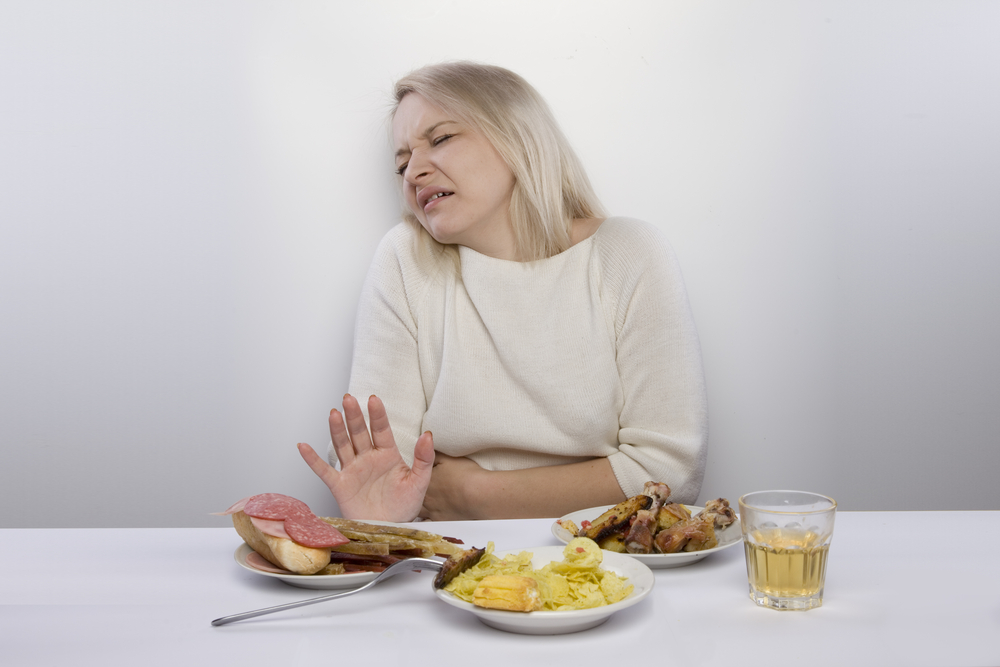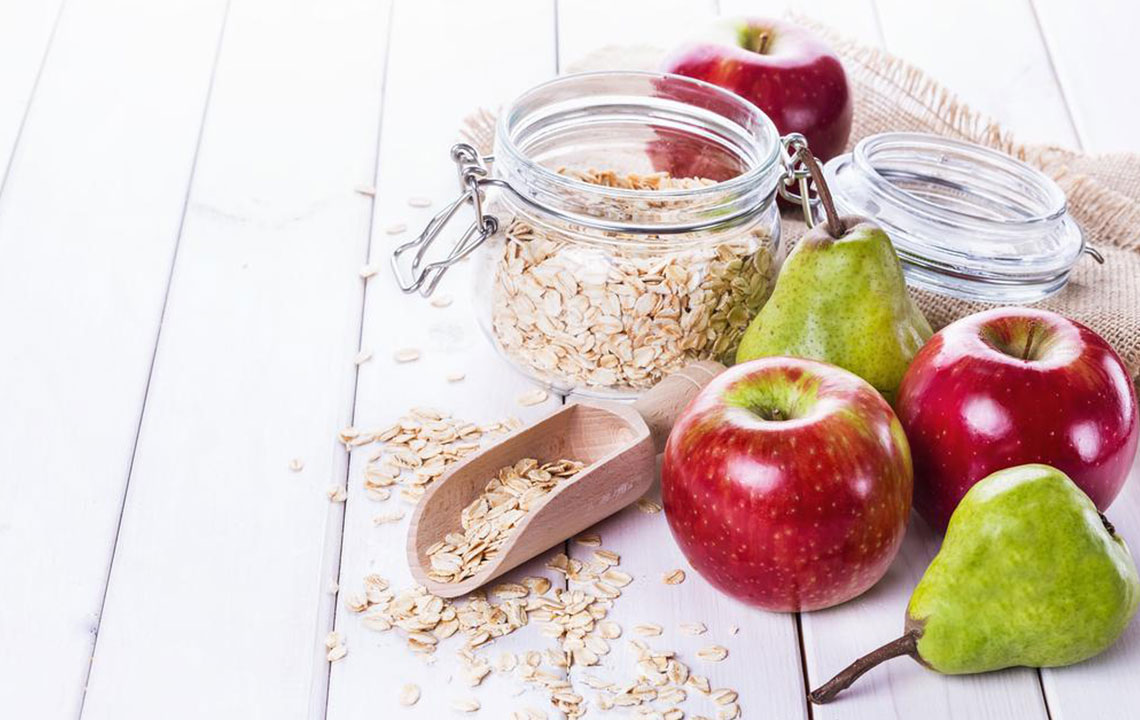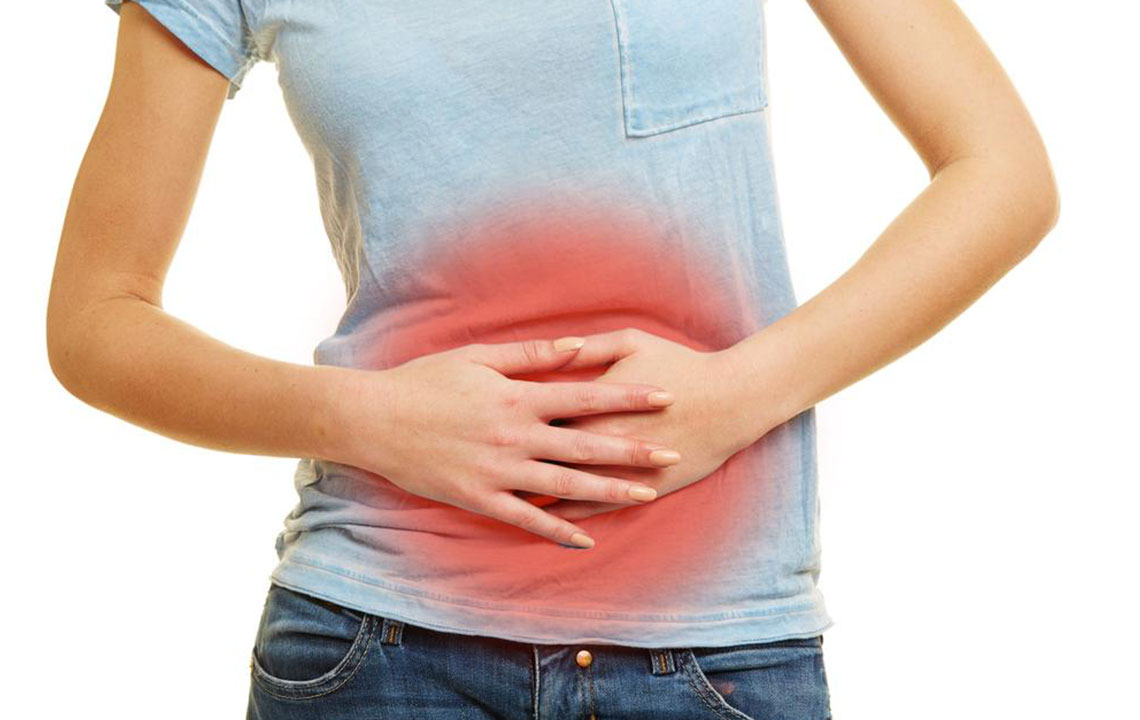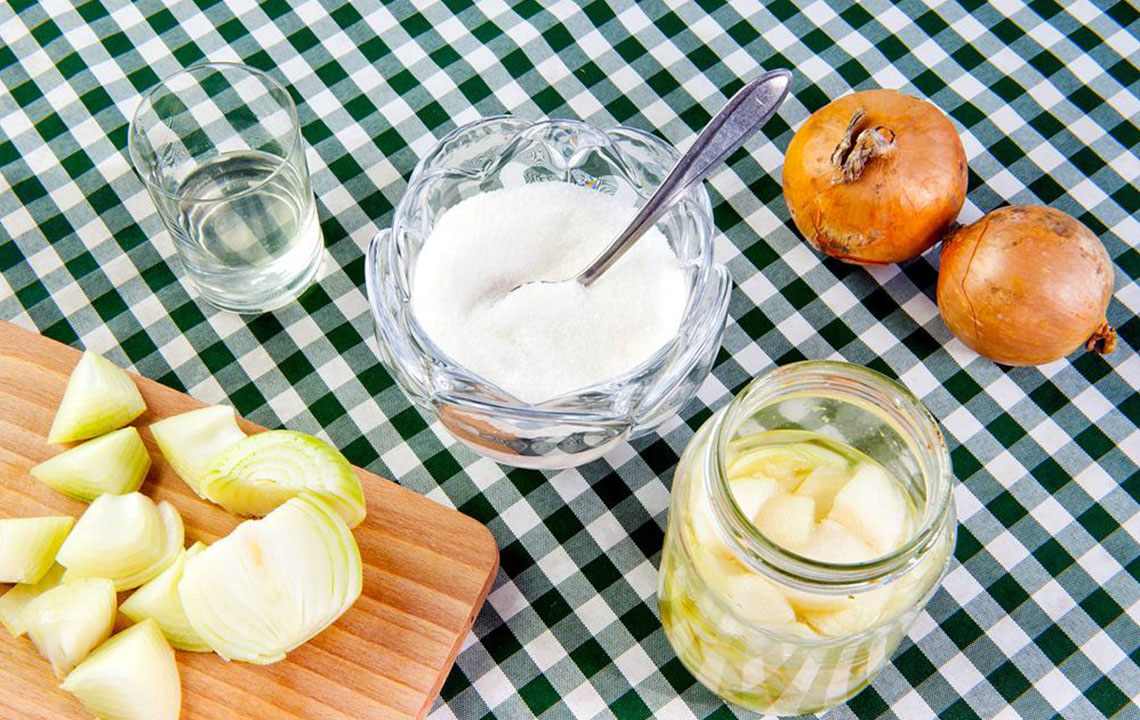Comprehensive Guide to Foods That Alleviate Diarrhea Symptoms and Promote Gut Health
This comprehensive guide provides detailed information on effective foods to relieve diarrhea symptoms, emphasizing the importance of a balanced diet, proper hydration, and lifestyle modifications. It highlights the traditional BRAT diet, introduces additional gut-friendly foods, and offers practical tips to support recovery, prevent dehydration, and promote digestive health. Whether dealing with mild or persistent diarrhea, understanding dietary choices is essential for a safe and speedy recovery.

Comprehensive Guide to Foods That Alleviate Diarrhea Symptoms and Promote Gut Health
Diarrhea is a common gastrointestinal issue that can cause significant discomfort, weakness, and dehydration. Its unpredictable nature can disrupt daily routines, work, and social activities. While mild cases often resolve on their own, managing symptoms through proper dietary choices plays a crucial role in speeding up recovery and preventing complications. By understanding which foods soothe your digestive system and which ones to avoid, you can effectively alleviate diarrhea symptoms and support your overall gut health.
One of the most well-known dietary approaches for diarrhea relief is the use of a simple, easily digestible diet plan that includes specific foods known for their soothing properties. Combining this with lifestyle adjustments can make a significant difference in reducing symptoms, replenishing lost nutrients, and restoring energy levels. This comprehensive guide explores the best foods to eat, foods to avoid, and additional tips for managing diarrhea effectively.
The Traditional BRAT Diet: A Starting Point for Symptom Relief
The BRAT diet, consisting of bananas, rice, applesauce, and toast, has long been recommended as a primary dietary approach for diarrhea management due to its gentle and binding qualities. These foods are easy to digest, help firm stool, and reduce irritation in the intestines. The simplicity of the BRAT diet makes it suitable during the initial stages of diarrhea when the gut is most sensitive.
Let’s delve into each component and understand why they are beneficial:
Bananas: Rich in potassium, bananas help replenish electrolytes lost during diarrhea. Their soluble fiber helps absorb excess water in the intestines, aiding in stool formation. Bananas are also gentle on the stomach and help prevent dehydration.
Rice: White rice is bland, low in fiber, and easy to digest. It helps add bulk to stool and absorbs excess liquids, which eases symptoms. Rice provides necessary carbohydrates that restore energy without irritating the digestive tract.
Applesauce: Contains pectin, a soluble fiber that helps regulate bowel movements. Applesauce is soothing, provides natural sugars for energy, and supports gut health by offering mild nourishment.
Toast: Provides simple carbohydrates that are easy to digest and help maintain blood sugar levels. Toast, especially made from white bread, doesn’t irritate the stomach and can be a good source of energy during recovery.
Integrating these foods into your diet can foster a calm digestive environment, reducing diarrhea symptoms effectively. However, it's important to remember that dietary approaches should be part of a broader management plan tailored to individual needs.
Beyond the BRAT diet, incorporating other foods can aid recovery and promote gut health:
Probiotic-rich foods: Yogurt with live cultures, kefir, and fermented foods help restore healthy bacteria in the gut, improving digestion and immune response. These beneficial bacteria can outcompete harmful pathogens that may cause or worsen diarrhea.
Hydration and Electrolyte Balance: Drinking plenty of fluids is essential to prevent dehydration. Water, herbal teas, and oral rehydration solutions containing salt and sugar help replenish lost electrolytes. Avoid sugary drinks and caffeinated beverages as they can exacerbate dehydration.
Gentle, nutritious foods: Boiled potatoes, plain pasta, skinless chicken, and steamed vegetables are easy on the stomach and provide essential nutrients. These foods support recovery without irritating the digestive system.
While dietary management is vital, it is equally important to avoid foods and beverages that can worsen diarrhea:
Fried or spicy foods
Fatty and greasy snacks
High-fiber foods initially, such as raw vegetables and nuts
Dairy products other than yogurt, like ice cream and cheese, due to their high fat content
Alcohol and caffeine, which can irritate the gut
Sweets and artificial sweeteners that may trigger further gastrointestinal distress
In addition to diet, lifestyle factors such as maintaining good hygiene, managing stress, and getting adequate rest are crucial in recovery. If diarrhea persists beyond 24 to 48 hours, becomes severe, or is accompanied by symptoms like fever, blood in stool, or dehydration, consulting a healthcare professional is necessary for further evaluation and treatment.
Medications may be required for underlying causes or for symptom relief, but dietary management remains the cornerstone of initial treatment. Ensuring proper nutrition and hydration supports the body’s natural healing process, restoring gut balance and preventing further episodes.
Ultimately, understanding what to include and what to avoid in your diet can significantly improve your recovery experience, reduce discomfort, and safeguard your overall health during episodes of diarrhea. Making informed dietary choices is a simple yet powerful way to promote gut health and regain your strength quickly.





